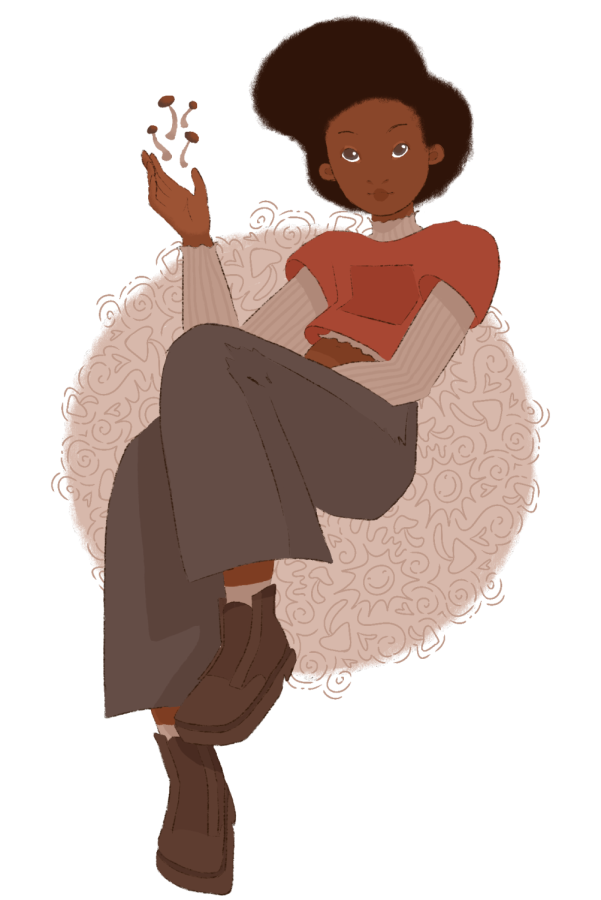UT Dell Medical School launches psychedelic therapy research center
January 27, 2022
The Dell Medical School at UT-Austin launched the Center for Psychedelic Research and Therapy on Dec. 16 — the first center in Texas to conduct clinical research on psychedelic drugs as mental health treatments.
The center aims to understand the potential of psychedelic drugs – such as psilocybin, ibogaine and ayahuasca – to treat mental health conditions such as depression, anxiety and post-traumatic stress disorder when used with a trained provider, said Greg Fonzo, a psychiatry and behavioral sciences assistant professor and co-director for the center.
“One of our basic hypotheses about why psychedelics might be helping people to recover from these various mental disorders is that they increase the brain’s plasticity, or its ability to rewire itself,” Fonzo said.
Although psychedelics are prohibited in most parts of the United States, the Texas House passed HB 1802, allowing studies on the use of alternative therapies – more specifically psychedelic therapy – to treat mental health conditions, Fonzo said.
Fonzo said while the center does not have any studies running currently, they are in the process of putting the studies in motion. He said his research team will explore how psilocybin and transcranial magnetic stimulation, a depression treatment that stimulates the brain using a magnetic field, could work together to improve treatment for depression and anxiety.
“The psychedelic is akin to warming clay,” Fonzo said. “We get (the brain) into a state that’s more moldable and then the (transcranial magnetic stimulation) is like a sculpting tool that we use after that to be able to shape the brain into the optimal configuration.”
Fonzo said the center will work with different partners to help with research and support the psychedelic therapy efforts, such as the Heroic Hearts Project.
The Heroic Hearts Project is a nonprofit organization that supports veterans struggling with mental health conditions and brings them the tools and resources to go into psychedelic treatments, said Jesse Gould, founder of the Heroic Hearts Program. Gould said Heroic Hearts will help the center find and recruit patients to go through treatment.
“We’re pushing for this research so much because we want to have accessibility here at home,” Gould said. “The only way we can do that is getting more research, change the stigma and change the laws, potentially.”
Guy, a retired Navy Seals officer and retired firefighter paramedic, wished not to disclose his last name. He said he battled against depression and anxiety during his time as a paramedic. Guy said he spent four weeks in Mexico going through psychedelic therapy and aftercare, such as meditation, in June 2020, and felt like he let go of the fear and trauma of death through the therapy.
“I’m actually doing really good,” Guy said. “The biggest part of psychedelics and what it did for me is that I had a very strong tie to fear and I was living through the lens of fear … With psychedelics, especially when you go through that process, you end up having almost like an ego death.”
Guy said he recommends psychedelic treatment to those who went through the same battles he went through as long as they are not relying on the psychedelic to make changes.
“You have to be willing to integrate the medicine (and) you have to be willing to take up mindfulness practices like meditation,” Guy said. “If I wasn’t mindful, if I wasn’t doing these practices, I could easily just slip back into the old person that I was.”



